Issues Regarding the Applicability of the United Nations Commission on International Trade Law Arbitration Rules
Introduction
In today's era of globalization, international trade has become a significant force driving the development of the world economy. However, with the increase in trade activities, commercial disputes are inevitable. How to effectively and fairly resolve these disputes has become a focal point of attention for legal and business communities worldwide. Against this backdrop, the United Nations Commission on International Trade Law (UNCITRAL) Arbitration Rules (hereinafter referred to as the "UNCITRAL Arbitration Rules") have emerged. Since their enaction in 1976, these rules have been widely applied globally to resolve various commercial disputes, and their influence cannot be overlooked. This article aims to introduce the UNCITRAL Arbitration Rules, explore their position and impact in international trade law, and provide readers with understanding and reference.
I. Background of the UNCITRAL Arbitration Rules
The United Nations Commission on International Trade Law (UNCITRAL) is a special body established by the United Nations General Assembly in 1966 to promote the harmonization and coordination of international commercial law. Its main task is to prepare and promote various forms of international commercial law standards, including conventions, model laws, legislative guides, rules, draft legal texts, and explanatory texts. These standards cover a wide range of commercial activities such as international sale of goods, international commercial arbitration, negotiable instruments, international transport contracts, and e-commerce.
The UNCITRAL Arbitration Rules are an important achievement of the United Nations Commission on International Trade Law. Initially published in 1976, the UNCITRAL Arbitration Rules were subsequently revised in 2010 and 2021 to accommodate new developments and demands in international commercial arbitration. These rules provide a fair and effective framework for resolving international commercial disputes. They set out various stages of the arbitration process, including the initiation of arbitration, constitution of the arbitral tribunal, conduct of arbitration proceedings, and issuance of arbitral awards. The distinctive feature of these rules is their flexibility and neutrality, making them applicable to various legal systems and commercial environments. Importantly, the applicability of the UNCITRAL Arbitration Rules extends not only to UNCITRAL arbitration activities but also widely invoked in ad hoc arbitration by international commercial arbitration entities.
II. Key Provisions of the UNCITRAL Arbitration Rules
The UNCITRAL Arbitration Rules provide detailed provisions for the entire arbitration process from the application to the rendering of awards. To highlight the characteristics of the UNCITRAL Arbitration Rules more intuitively, it is necessary to introduce its key provisions.
Article 3 Notice of arbitration
When a party wishes to initiate arbitration proceedings, it needs to send an arbitration notice to the other party or parties and the arbitral institution. This notice should include a brief description of the dispute, the contract or other legal relationship involved, and the relief sought by the applicant.
1. The party or parties initiating recourse to arbitration (hereinafter called the “claimant”) shall communicate to the other party or parties (hereinafter called the “respondent”) a notice of arbitration.
2. Arbitral proceedings shall be deemed to commence on the date on which the notice of arbitration is received by the respondent.
3. The notice of arbitration shall include the following: (a) A demand that the dispute be referred to arbitration; (b) The names and contact details of the parties; (c) Identification of the arbitration agreement that is invoked; (d) Identification of any contract or other legal instrument out of or in relation to which the dispute arises or, in the absence of such contract or instrument, a brief description of the relevant relationship; (e) A brief description of the claim and an indication of the amount involved, if any; (f) The relief or remedy sought; (g) A proposal as to the number of arbitrators, language and place of arbitration, if the parties have not previously agreed thereon.
4. The notice of arbitration may also include: (a) A proposal for the designation of an appointing authority referred to in article 6, paragraph 1; (b) A proposal for the appointment of a sole arbitrator referred to in article 8, paragraph 1; (c) Notification of the appointment of an arbitrator referred to in article 9 or 10.
5. The constitution of the arbitral tribunal shall not be hindered by any controversy with respect to the sufficiency of the notice of arbitration, which shall be finally resolved by the arbitral tribunal.
Article 7 & 9 Composition of the arbitral tribunal
Usually, the arbitral tribunal consists of three arbitrators, with each party appointing one, and the two appointed arbitrators selecting the third arbitrator as the presiding arbitrator.
Article 7
1. If the parties have not previously agreed on the number of arbitrators, and if within 30 days after the receipt by the respondent of the notice of arbitration the parties have not agreed that there shall be only one arbitrator, three arbitrators shall be appointed.
Article 9
1. If three arbitrators are to be appointed, each party shall appoint one arbitrator. The two arbitrators thus appointed shall choose the third arbitrator who will act as the presiding arbitrator of the arbitral tribunal.
Article 21 Statement of defence
After receiving the arbitration notice, the respondent must submit a statement of defense within the specified time. If the respondent wishes to make counterclaims, it should do so in the statement of defense.
1. The respondent shall communicate its statement of defence in writing to the claimant and to each of the arbitrators within a period of time to be determined by the arbitral tribunal. The respondent may elect to treat its response to the notice of arbitration referred to in article 4 as a statement of defence, provided that the response to the notice of arbitration also complies with the requirements of paragraph 2 of this article.
2. The statement of defence shall reply to the particulars (b) to (e) of the statement of claim (art. 20, para. 2). The statement of defence should, as far as possible, be accompanied by all documents and other evidence relied upon by the respondent, or contain references to them.
3. In its statement of defence, or at a later stage in the arbitral proceedings if the arbitral tribunal decides that the delay was justified under the circumstances, the respondent may make a counterclaim or rely on a claim for the purpose of a set-off provided that the arbitral tribunal has jurisdiction over it.
4. The provisions of article 20, paragraphs 2 to 4, shall apply to a counterclaim, a claim under article 4, paragraph 2 (f), and a claim relied on for the purpose of a set-off.
Article 28 - Hearings
The hearing includes the submission of evidence, examination of witnesses, and conduct of hearings.
1. In the event of an oral hearing, the arbitral tribunal shall give the parties adequate advance notice of the date, time and place thereof.
2. Witnesses, including expert witnesses, may be heard under the conditions and examined in the manner set by the arbitral tribunal.
3. Hearings shall be held in camera unless the parties agree otherwise. The arbitral tribunal may require the retirement of any witness or witnesses, including expert witnesses, during the testimony of such other witnesses, except that a witness, including an expert witness, who is a party to the arbitration shall not, in principle, be asked to retire.
4. The arbitral tribunal may direct that witnesses, including expert witnesses, be examined through means of telecommunication that do not require their physical presence at the hearing (such as videoconference).
Articles 34-36 - Arbitral Awards
After the hearing, the arbitral tribunal shall make an award based on the claims, evidence, and applicable law. The award should be in writing, stating the reasons for the decision and the date and place of the award. Once made, the award is generally final and binding on the parties.
Article 34
1. The arbitral tribunal may make separate awards on different issues at different times.
2. All awards shall be made in writing and shall be final and binding on the parties. The parties shall carry out all awards without delay.
3. The arbitral tribunal shall state the reasons upon which the award is based, unless the parties have agreed that no reasons are to be given.
4. An award shall be signed by the arbitrators and it shall contain the date on which the award was made and indicate the place of arbitration. Where there is more than one arbitrator and any of them fails to sign, the award shall state the reason for the absence of the signature.
5. An award may be made public with the consent of all parties or where and to the extent disclosure is required of a party by legal duty, to protect or pursue a legal right or in relation to legal proceedings before a court or other competent authority.
6. Copies of the award signed by the arbitrators shall be communicated to the parties by the arbitral tribunal.
III. Improvement of China's Arbitration System with the UNCITRAL Arbitration Rules
The revision process of the UNCITRAL Arbitration Rules has important reference value for China's arbitration system and rules. The UNCITRAL Arbitration Rules grasp the development trends of international commercial arbitration and fully respect the parties' autonomy of will. Therefore, when improving arbitration legislation and revising arbitration rules, China can refer to and draw lessons from the UNCITRAL Arbitration Rules, including in the following aspects:
Firstly, abolishing the explicit requirement for arbitration agreements to be in writing. Currently, many arbitration institutions' rules have adopted this approach, such as the 2010 SIAC Arbitration Rules, the 2010 SCC Arbitration Rules, and the 2009 AAA Arbitration Rules. This approach received further confirmation after the revision of the UNCITRAL Arbitration Rules, no longer insisting that the form of arbitration agreements be confined to "in writing."
Secondly, moderately expanding the scope of cases accepted by arbitration institutions and increasing the types of disputes that parties can submit. Currently, the scope of cases accepted by most arbitration institutions in China still mainly focuses on "contractual disputes and other property rights disputes." The 2010 UNCITRAL Arbitration Rules provide that "any type of legal dispute, as long as the parties agree, can be arbitrated to resolve the dispute. This includes but is not limited to disputes arising from contractual and non-contractual relationships." Observing the arbitration rules of other institutions, there are few restrictions on the scope of cases accepted by arbitration institutions. Faced with increasingly fierce competition in the international arbitration market, if China wants to establish international arbitration institutions and gain advantages in the international market, it must break many restrictive provisions.
Thirdly, considering establishing a consolidation arbitration system that allows third-party joinder. Chinese arbitration institutions can refer to the relevant provisions of the UNCITRAL Arbitration Rules to ensure that consolidation arbitration meets two prerequisites: one is that it must be applied for by any party, and the other is that the third party must provide written consent to join the arbitration agreement as a party.
Finally, concerning the issue of arbitrator immunity. The UNCITRAL Arbitration Rules, as well as many countries in the civil law and common law systems, have introduced an arbitrator immunity system in their arbitration rules, such as the provision in the 2000 United States Uniform Arbitration Act that "an arbitrator performing functions is not liable for any civil action unless their behavior is intentional, malicious, or grossly negligent." Considering enhancing the independence of arbitrators in the arbitration process, China's arbitration rules should also incorporate this provision, enabling arbitrators to handle cases independently and fairly to the greatest extent possible. Section 14 of Uniform Arbitration Art: “(a) An arbitrator or an arbitration organization acting in that capacity is immune from civil liability to the same extent as a judge of a court of this State acting in a judicial capacity. (b) The immunity afforded by this section supplements any immunity under other law. (c) The failure of an arbitrator to make a disclosure required by Section 12 does not cause any loss of immunity under this section.”
IV. Impact of the UNCITRAL Arbitration Rules
The UNCITRAL Arbitration Rules are widely used globally and provide a fair, transparent, and efficient mechanism for resolving international commercial disputes. Due to their ability to facilitate the fair resolution of disputes while considering differences in legal systems and cultural backgrounds, these rules are widely accepted and applied worldwide. An important characteristic of the UNCITRAL Arbitration Rules is the flexibility of their procedures, allowing for appropriate adjustments to arbitration proceedings based on the specific circumstances of each case and the parties' intentions. This enables the UNCITRAL Arbitration Rules to effectively handle various types and scales of international commercial disputes and play a significant role in international commercial dispute resolution, with far-reaching effects globally. The impact of the UNCITRAL Arbitration Rules globally includes the following aspects:
(I)Universality: The UNCITRAL Arbitration Rules are not only included in many international commercial contracts but also accepted and adopted by laws in many countries and regions. The universality of these rules provides a recognized standard for parties in resolving cross-border disputes, significantly enhancing the efficiency and fairness of arbitration.
(II)Influence on National Laws: The UNCITRAL Arbitration Rules have had a significant impact on domestic arbitration laws in various countries globally. Many countries, when drafting or amending their domestic arbitration laws, refer to the UNCITRAL Arbitration Rules to ensure consistency with international arbitration practices. This not only helps improve the international compatibility of national laws but also enhances the fairness and effectiveness of domestic arbitration systems.
(III)Promotion of Global Arbitration Practices: The UNCITRAL Arbitration Rules have promoted the development of arbitration practices globally. Their detailed provisions on arbitration procedures, such as the constitution of the arbitral tribunal, collection of evidence, and issuance of awards, provide important guidance for global arbitration practices. Many arbitration institutions and practitioners refer to the UNCITRAL Arbitration Rules for arbitration, thereby enhancing the fairness and efficiency of arbitration.
(IV)Role as Model Law: The UNCITRAL Arbitration Rules also serve as model laws, providing a set of arbitration rules that countries and regions can refer to and adopt. This enables countries and regions to make appropriate modifications and adjustments to the UNCITRAL Arbitration Rules based on their legal environments and practical needs, better adapting to their legal systems and circumstances.
(V)Application in Investment Dispute Resolution: The UNCITRAL Arbitration Rules also play an important role in investment dispute resolution. Many investment treaties and agreements choose the UNCITRAL Arbitration Rules as the dispute resolution mechanism, providing investors and states with a recognized standard and procedure for resolving disputes, thereby enhancing the fairness and efficiency of dispute resolution.
The UNCITRAL Arbitration Rules are an important component of global commercial arbitration practice, with widespread and far-reaching influence. These rules not only provide a fair, transparent, and efficient mechanism for resolving international commercial disputes but also promote the development of arbitration practices globally. In practice, the detailed provisions of the arbitration procedures provide important guidance for arbitration practitioners, thereby enhancing the fairness and efficiency of arbitration.
V. Conclusion
In summary, the UNCITRAL Arbitration Rules have had a profound impact globally, contributing significantly to the protection of international commerce and investment activities, the promotion of the development of global arbitration practices, and the influence on domestic arbitration laws and international arbitration rules of arbitration institutions. Based on the UNCITRAL Arbitration Rules, the Arbitration Rules of the Asia Pacific International Arbitration Chamber have made adaptive modifications and supplements, considering factors such as the legal environment, business customs, and cultural backgrounds in the Asia-Pacific region, to provide a fair and effective means of resolving commercial disputes in the Asia-Pacific region. We look forward to these rules continuing to play a crucial role in international commercial dispute resolution in the future.
news
-
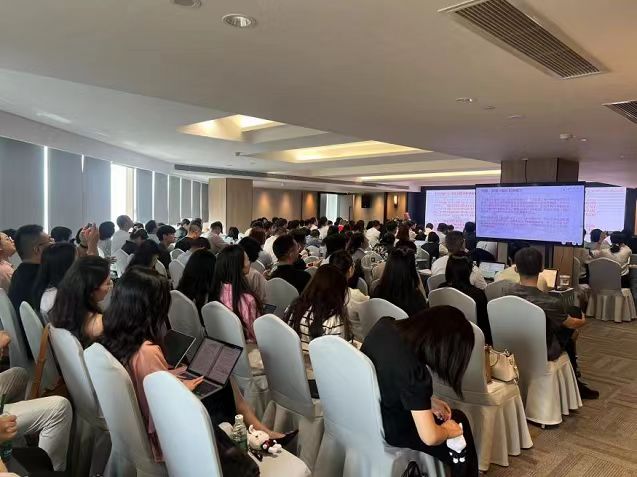 2023-09-21 02:01:59
2023-09-21 02:01:59 -
 2023-09-26 14:22:56
2023-09-26 14:22:56 -
 2023-10-07 08:34:26
2023-10-07 08:34:26 -
 2023-10-13 11:08:58
2023-10-13 11:08:58 -
 2023-10-25 10:30:58
2023-10-25 10:30:58 -
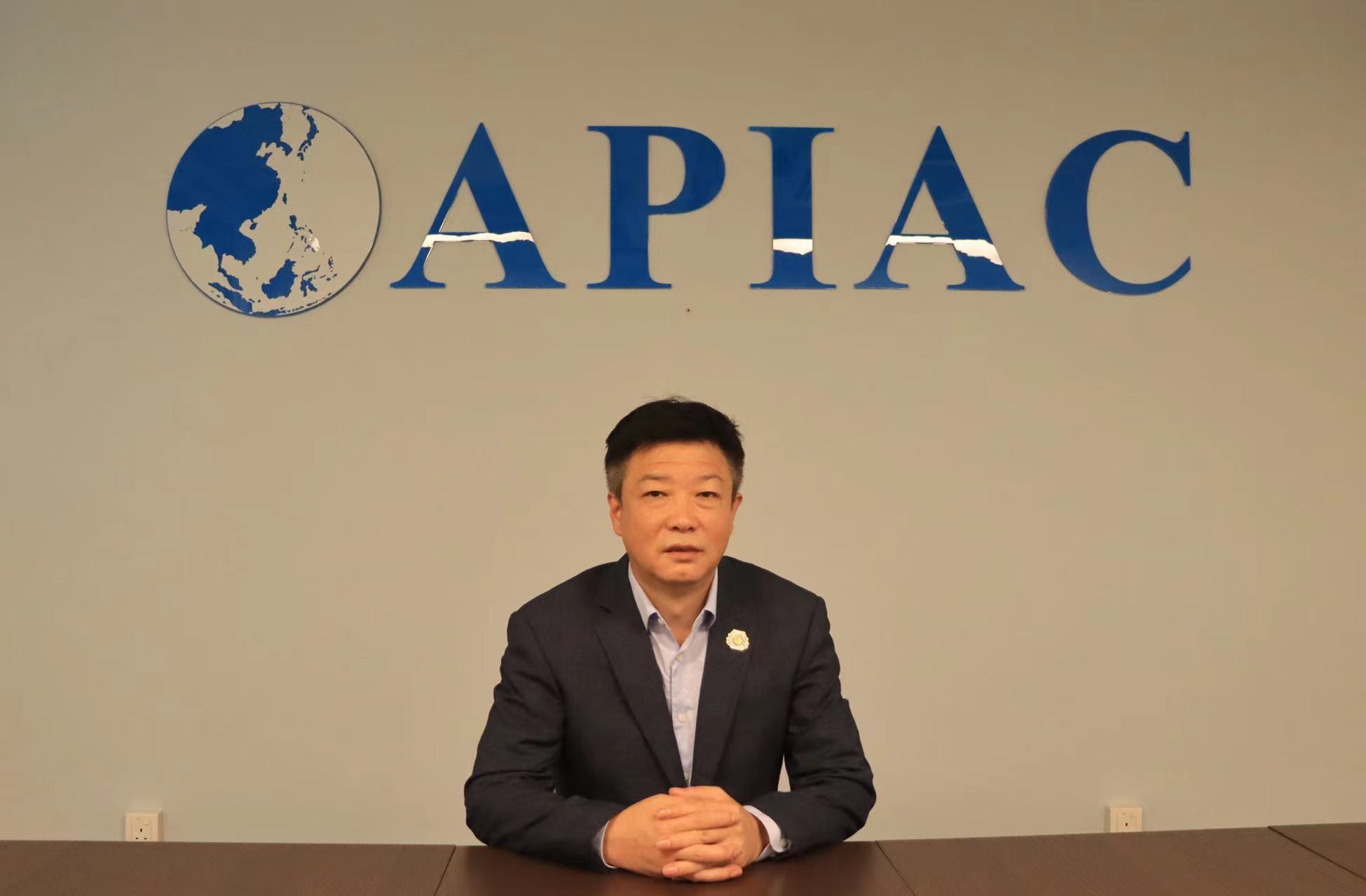 2023-10-25 11:08:40
2023-10-25 11:08:40 -
2023-11-22 14:57:27
-
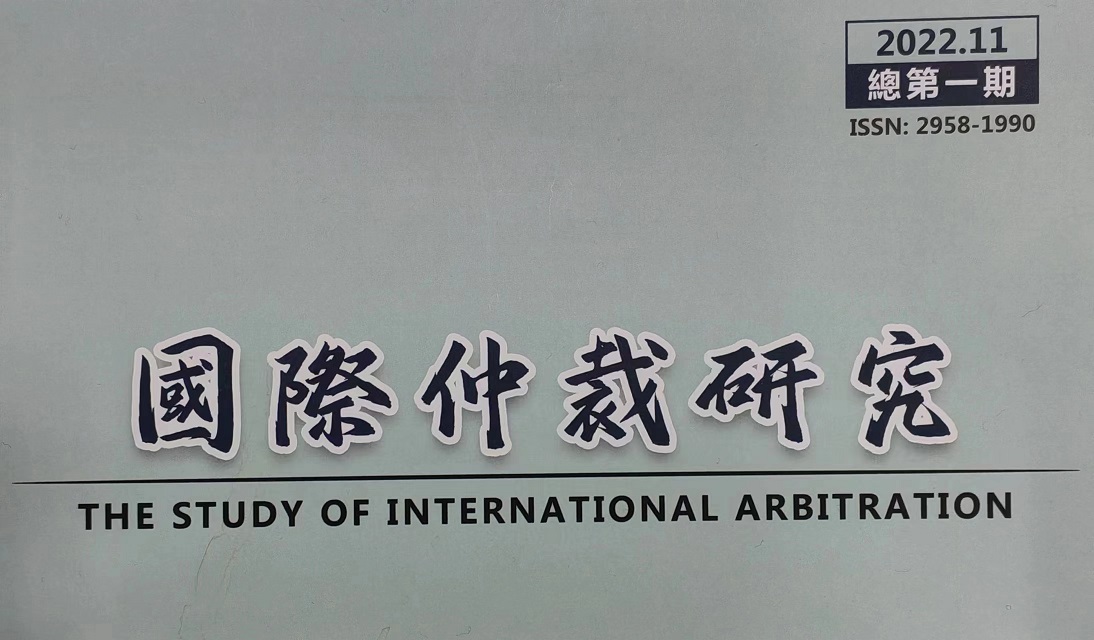 2023-11-24 16:06:15
2023-11-24 16:06:15 -
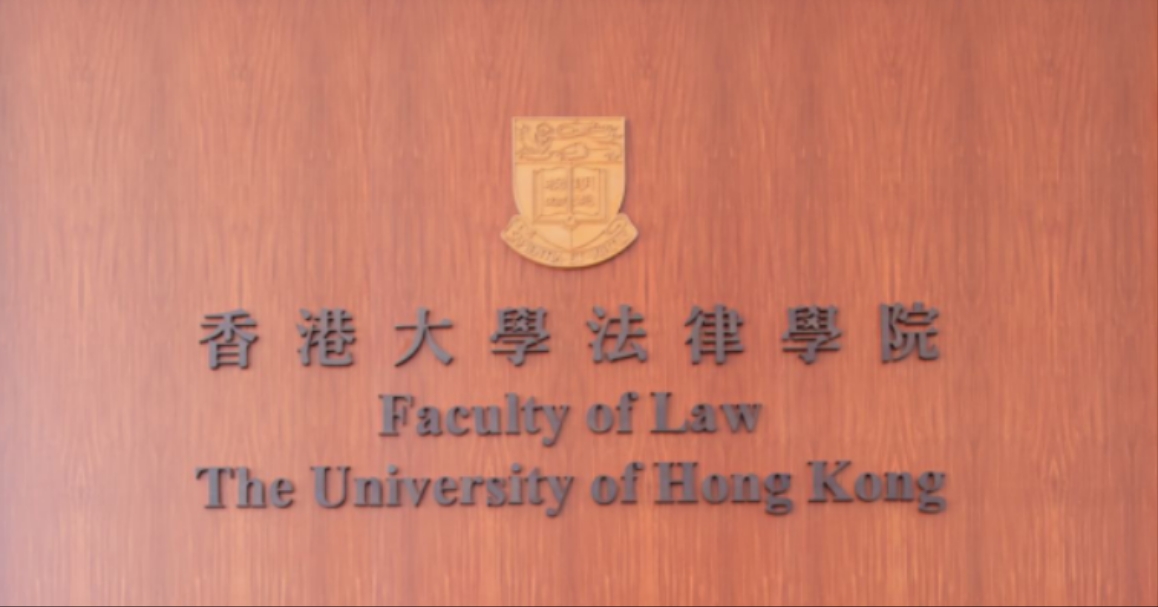 2023-11-24 17:34:06
2023-11-24 17:34:06 -
.jpg) 2023-11-27 11:07:53
2023-11-27 11:07:53 -
.png) 2023-12-07 11:34:06
2023-12-07 11:34:06 -
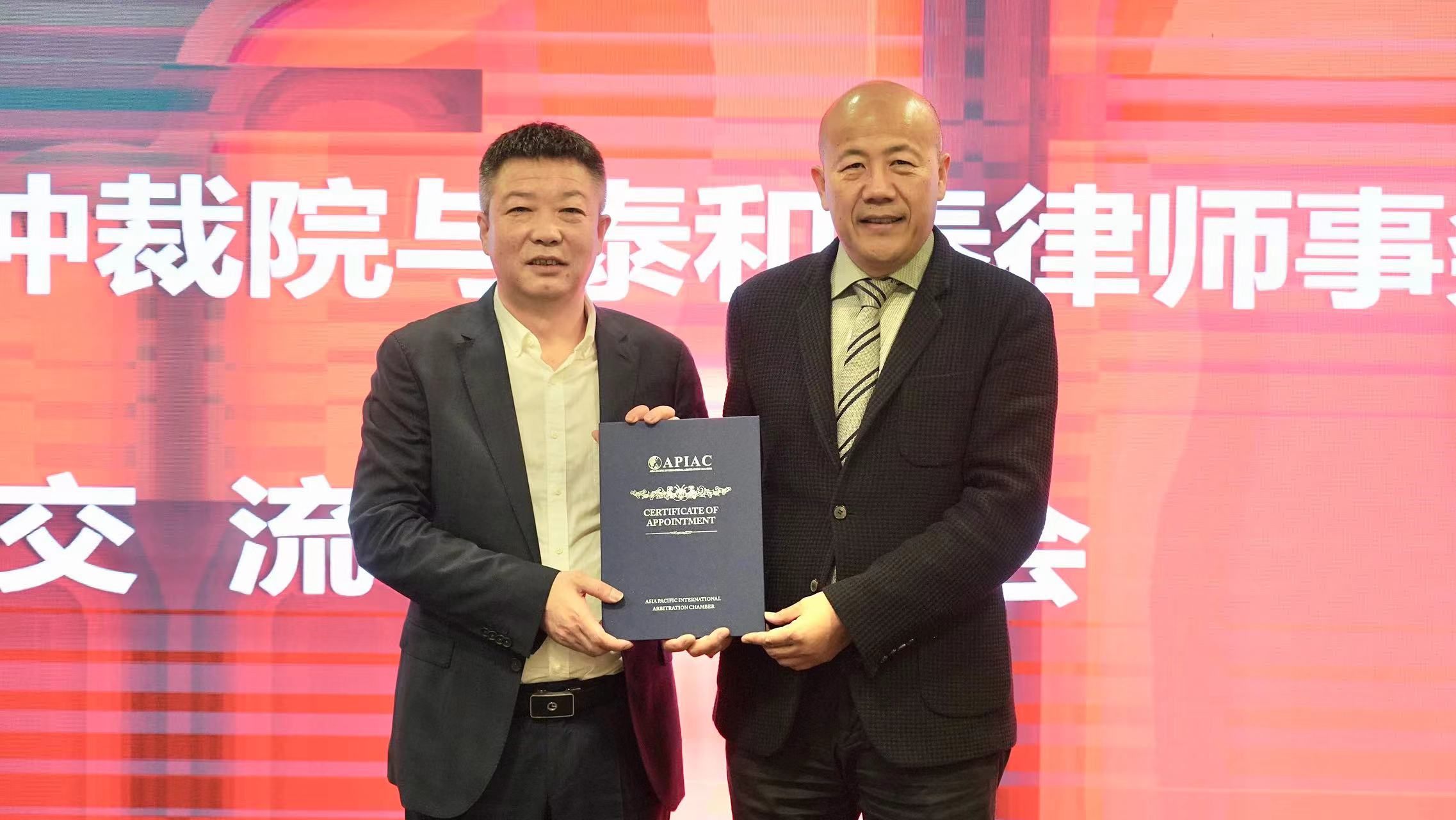 2023-12-19 09:18:51
2023-12-19 09:18:51 -
 2023-12-19 11:38:23
2023-12-19 11:38:23 -
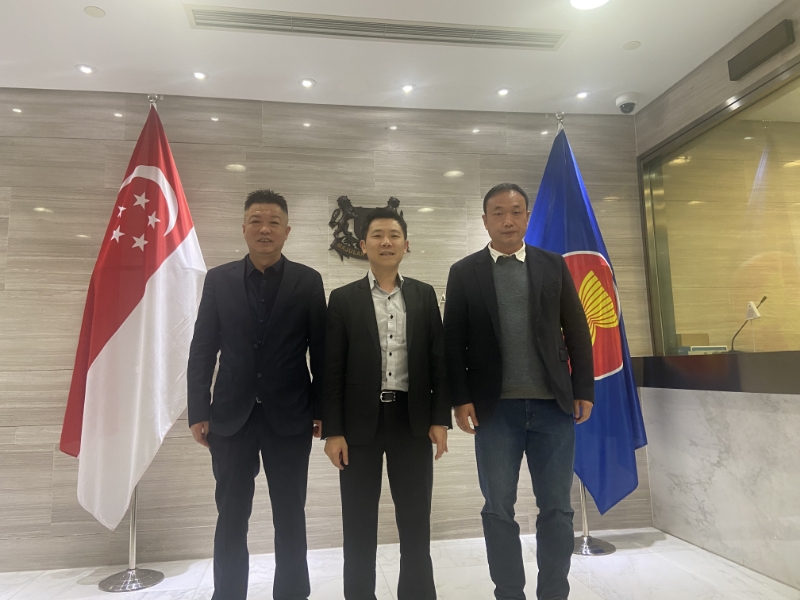 2023-12-19 11:53:22
2023-12-19 11:53:22 -
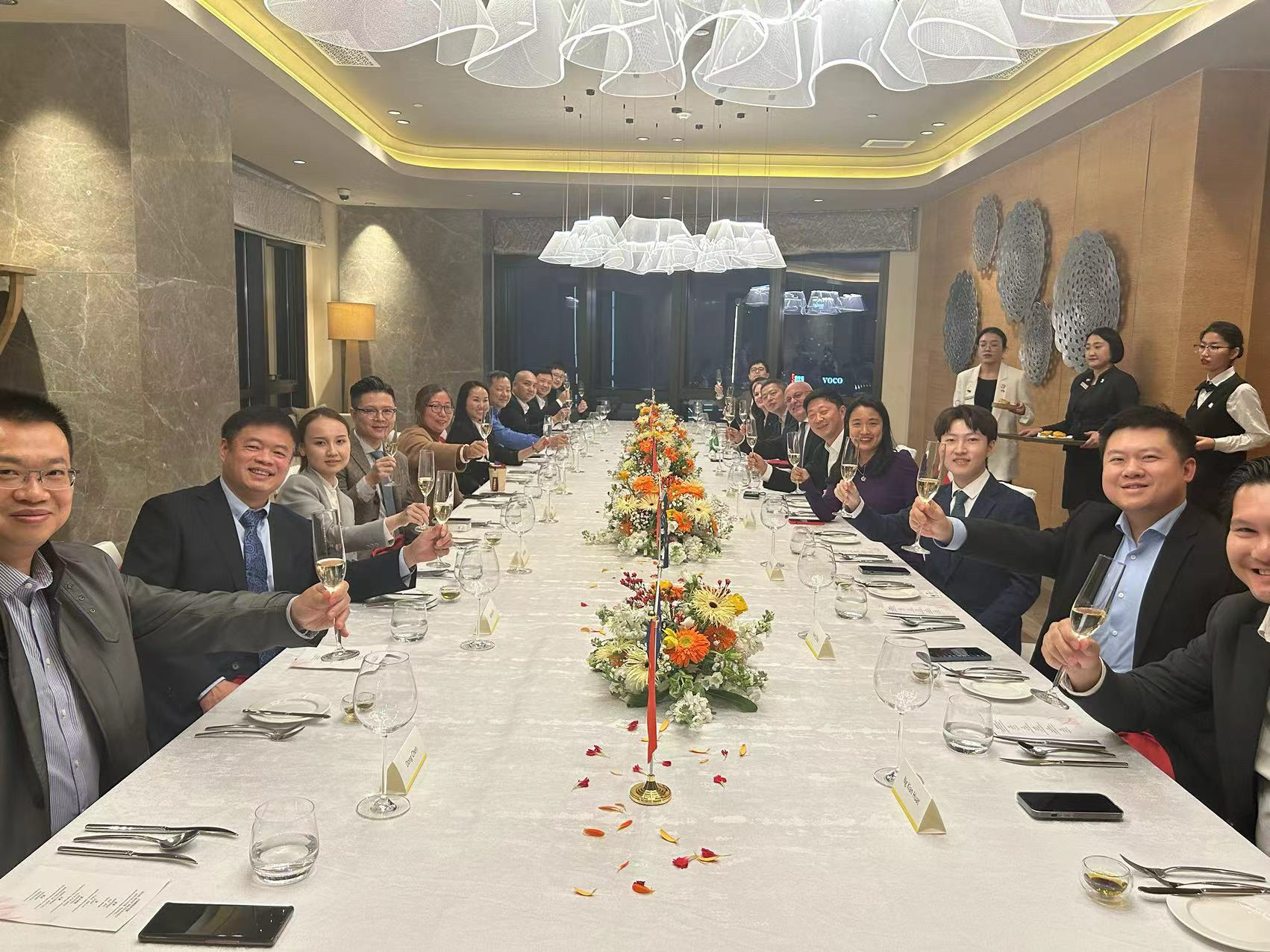 2023-12-19 14:46:19
2023-12-19 14:46:19 -
 2023-12-21 14:43:26
2023-12-21 14:43:26 -
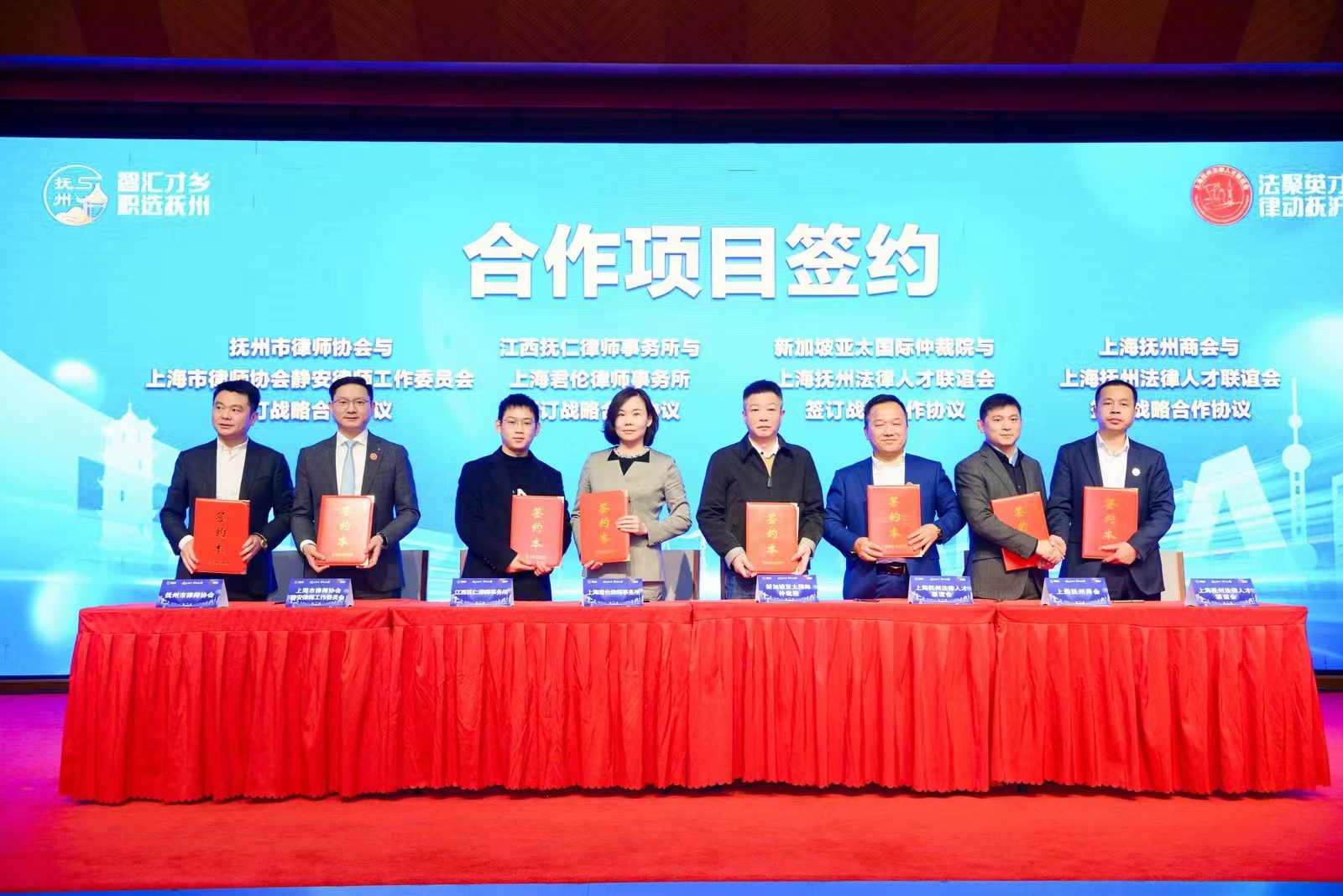 2023-12-25 11:04:59
2023-12-25 11:04:59 -
 2023-12-27 10:40:15
2023-12-27 10:40:15 -
.png) 2023-12-29 14:07:14
2023-12-29 14:07:14 -
.jpg) 2023-12-29 14:10:32
2023-12-29 14:10:32 -
 2024-01-03 16:27:17
2024-01-03 16:27:17 -
 2024-01-12 10:36:42
2024-01-12 10:36:42 -
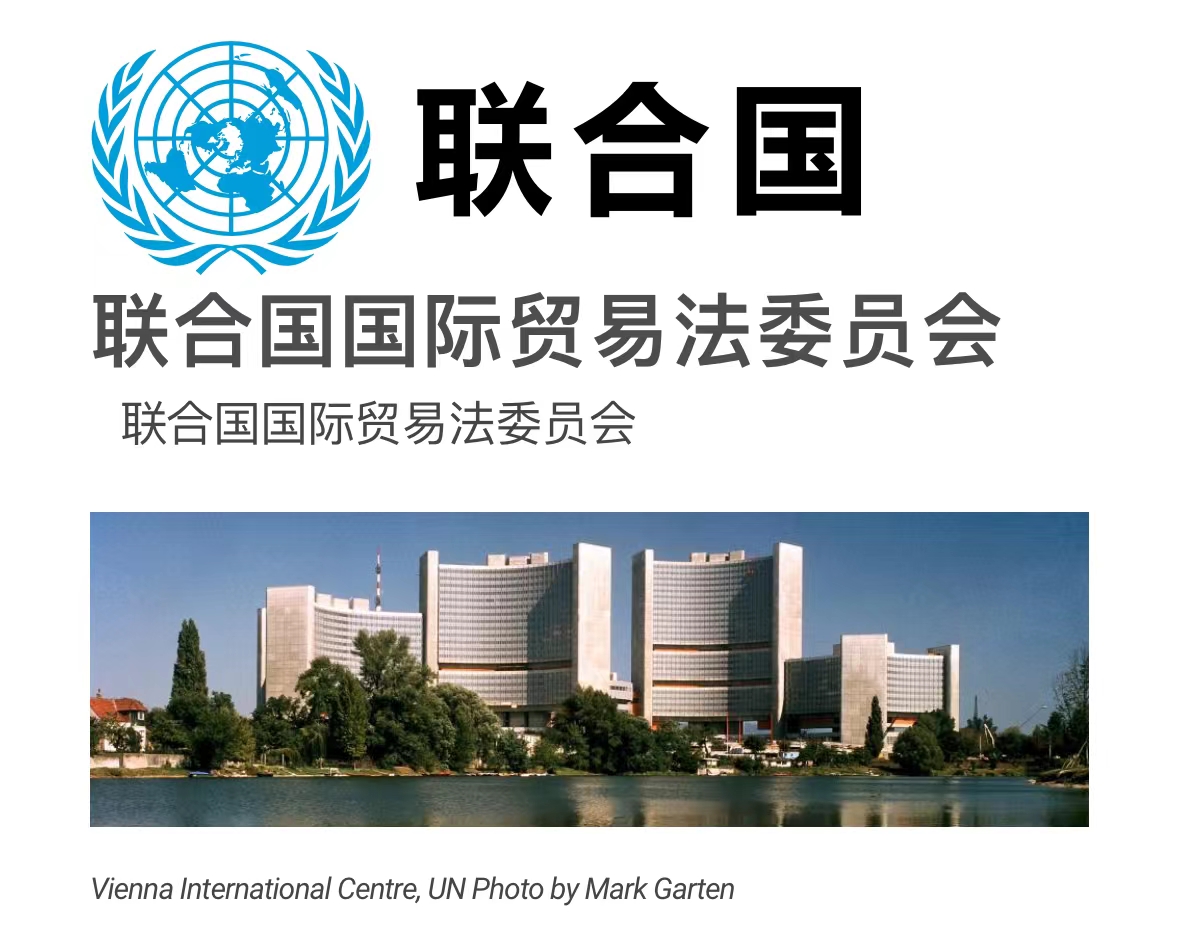 2024-01-17 15:01:24
2024-01-17 15:01:24 -
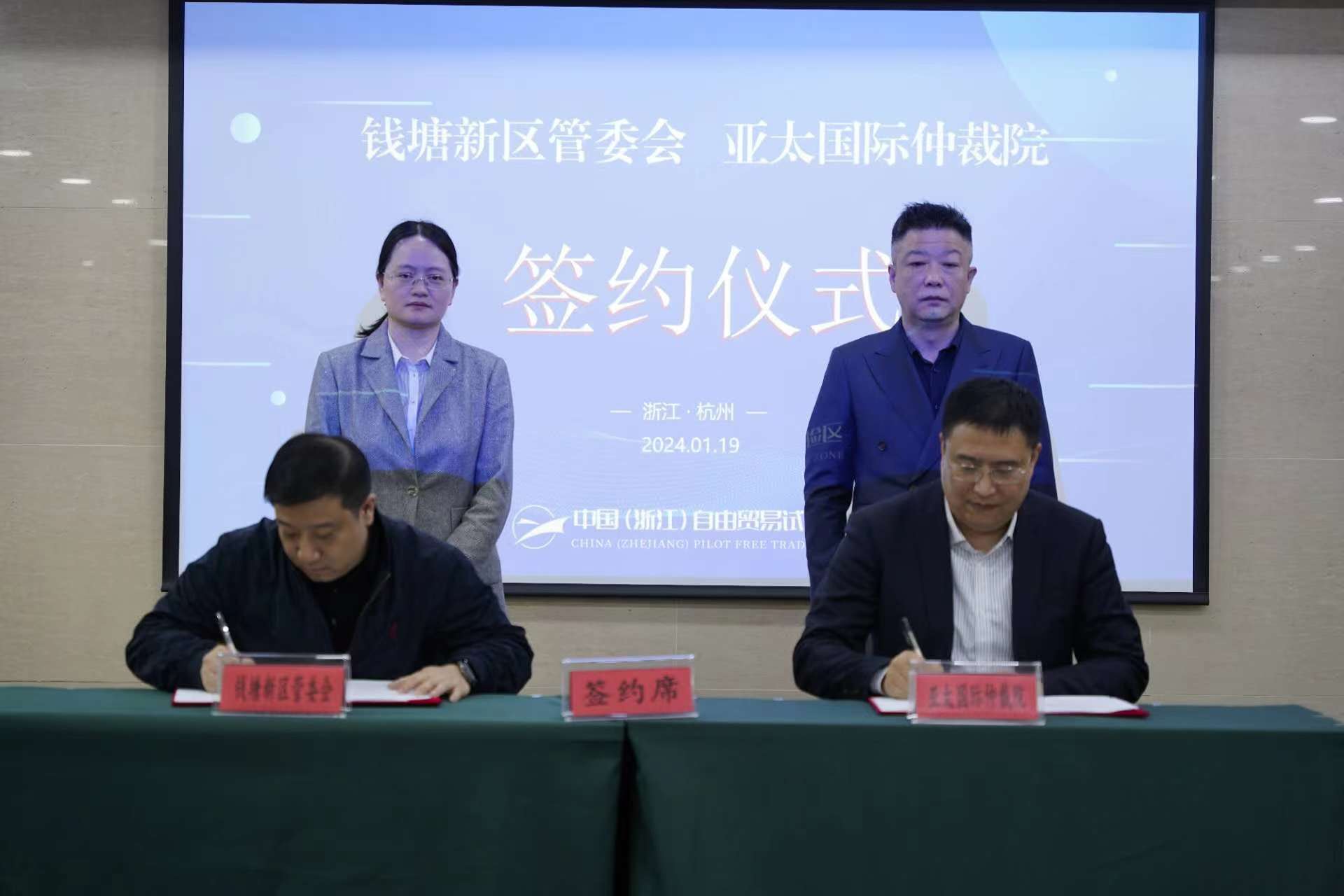 2024-01-30 10:10:28
2024-01-30 10:10:28 -
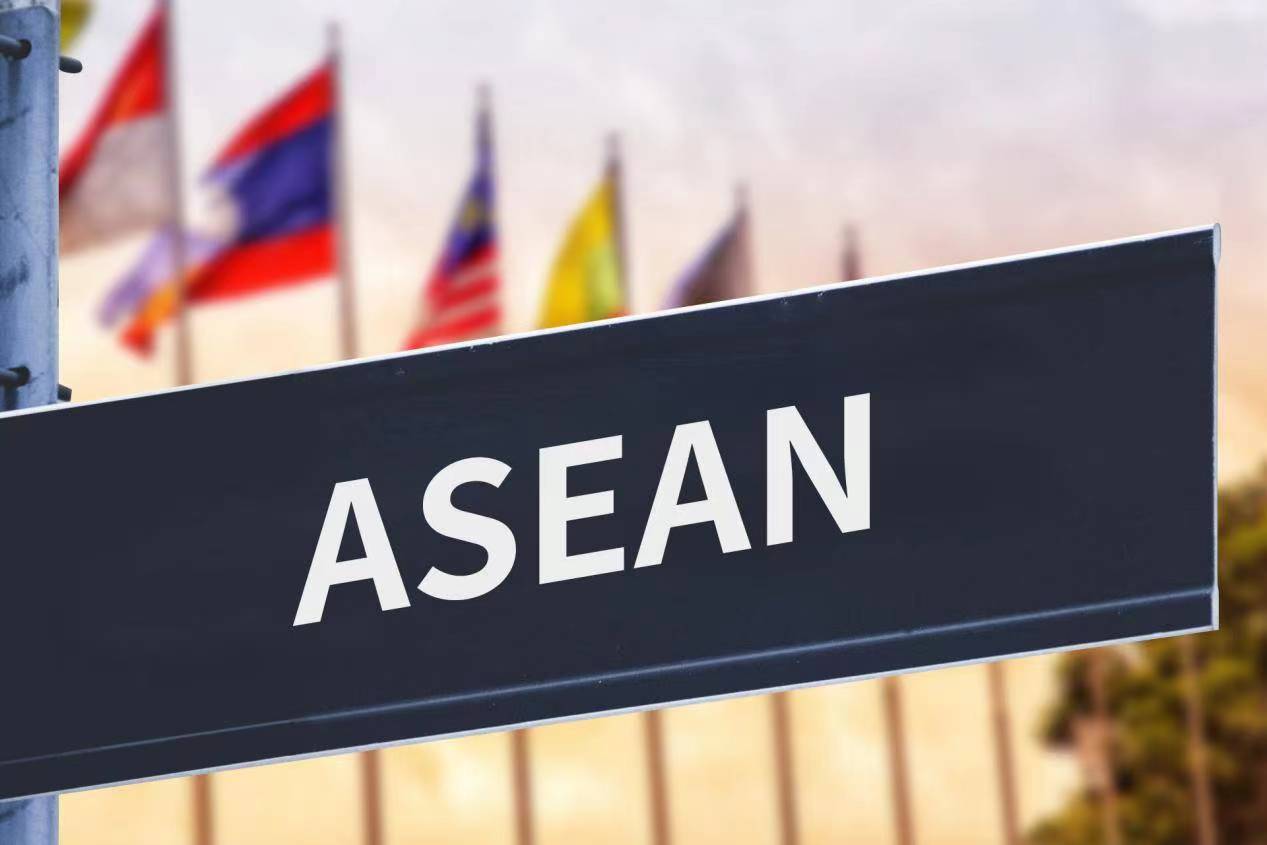 2024-01-30 10:45:10
2024-01-30 10:45:10 -
 2024-01-30 15:47:05
2024-01-30 15:47:05 -
 2024-01-30 16:10:56
2024-01-30 16:10:56 -
 2024-02-21 10:01:34
2024-02-21 10:01:34 -
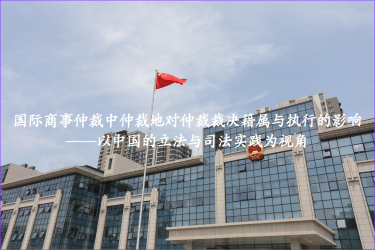 2024-02-21 10:05:01
2024-02-21 10:05:01 -
 2024-02-21 10:35:10
2024-02-21 10:35:10 -
2024-03-08 17:37:59
-
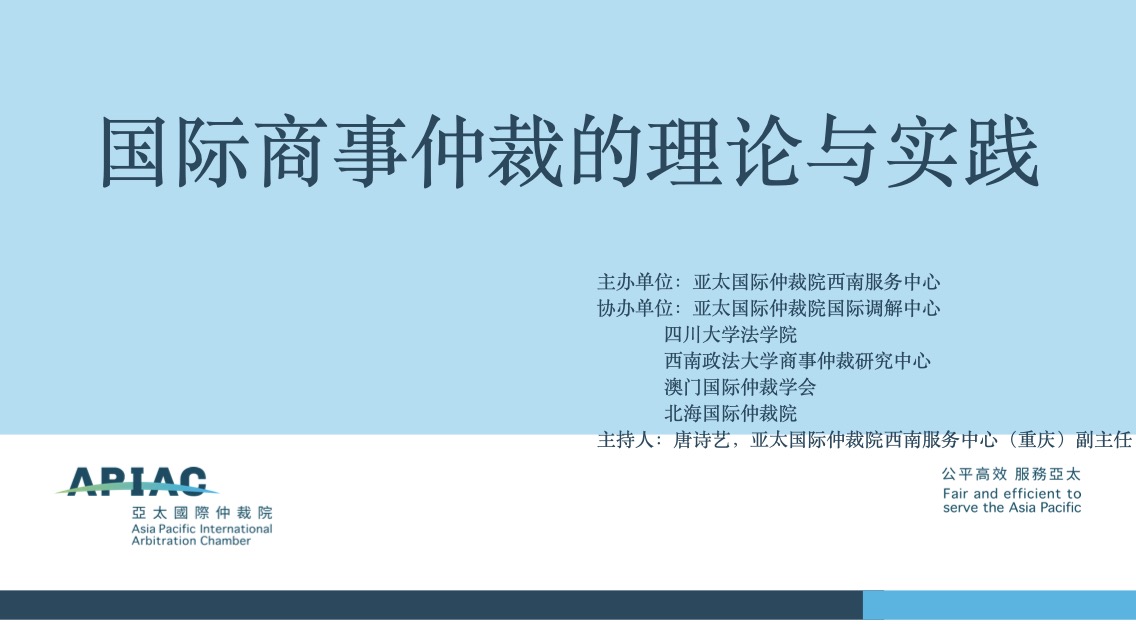 2024-03-11 08:56:10
2024-03-11 08:56:10 -
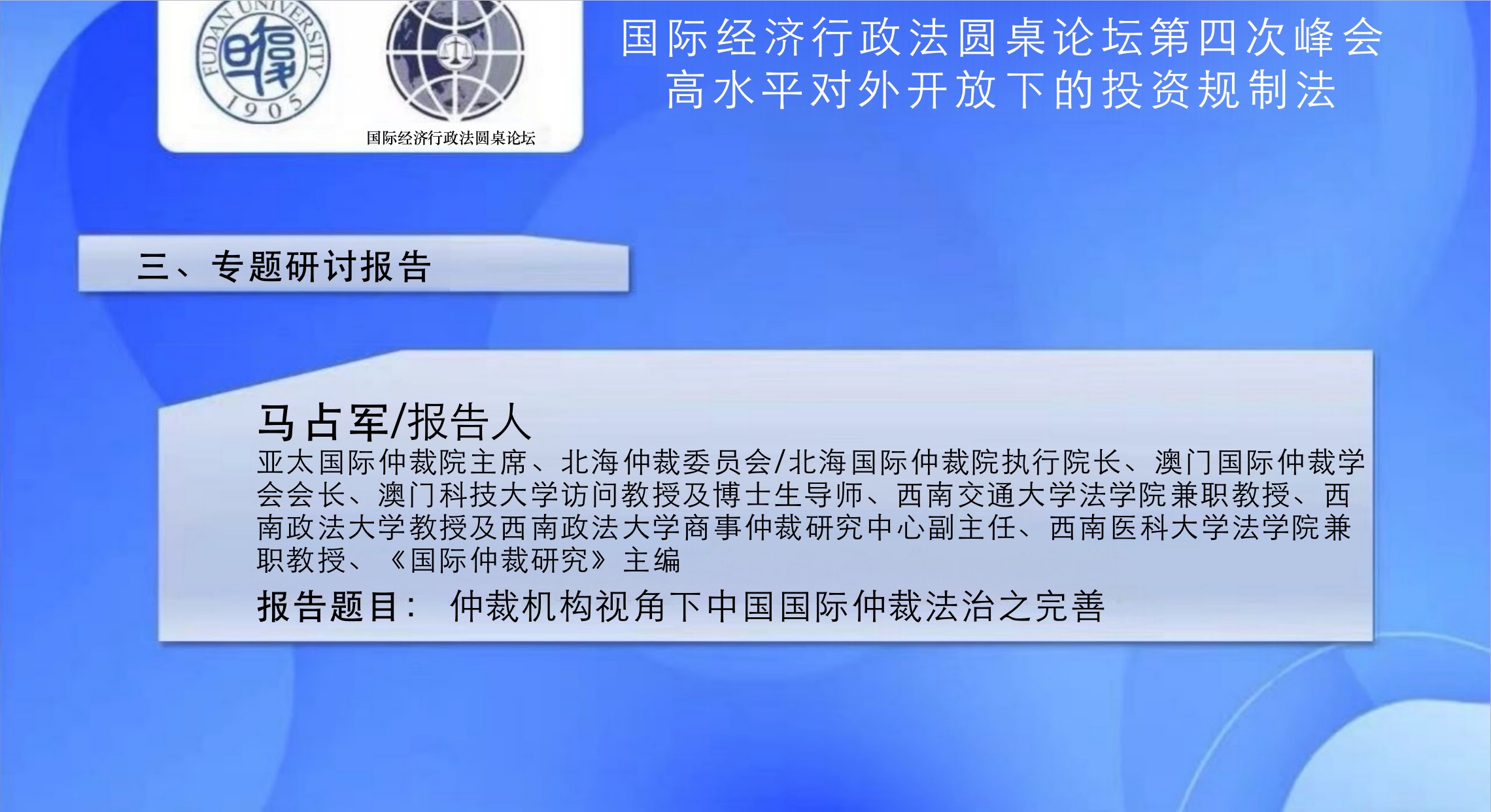 2024-03-22 14:24:24
2024-03-22 14:24:24 -
 2024-03-26 13:21:28
2024-03-26 13:21:28 -
2024-03-27 11:38:36
-
 2024-03-27 11:43:15
2024-03-27 11:43:15 -
2024-03-28 16:56:51
-
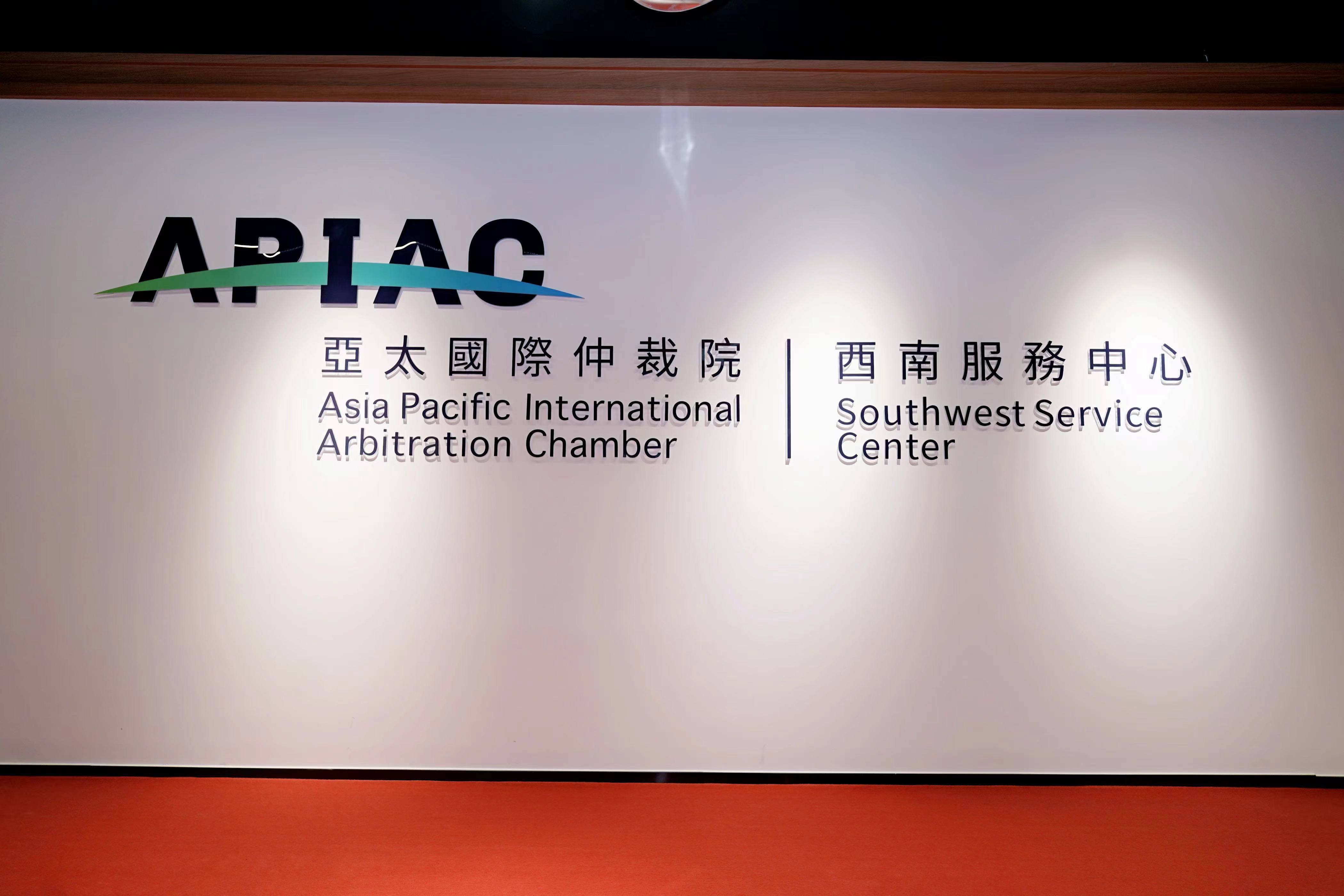 2024-04-01 14:59:03
2024-04-01 14:59:03 -
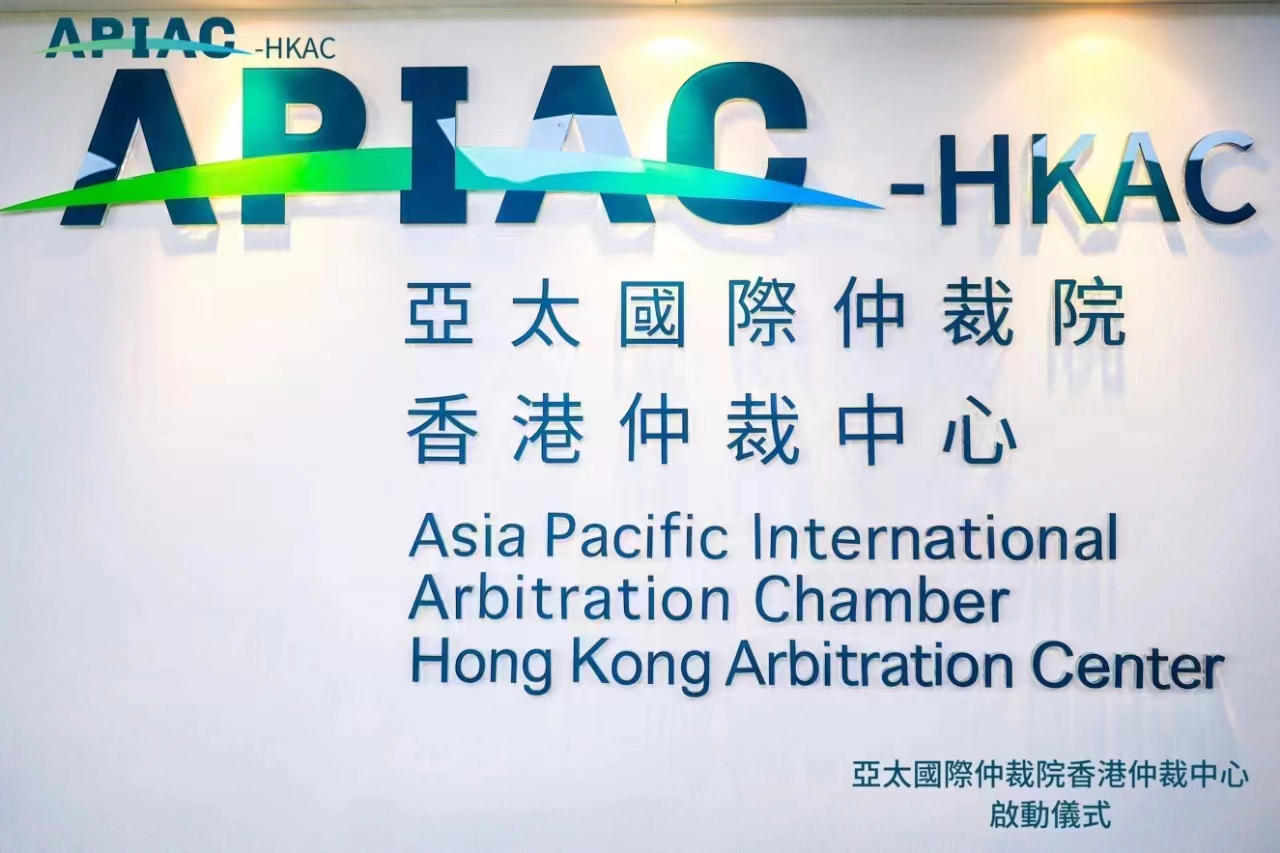 2024-04-09 10:46:25
2024-04-09 10:46:25 -
2024-04-09 11:55:48
-
 2024-04-09 16:01:04
2024-04-09 16:01:04 -
2024-04-15 16:34:57
-
2024-04-15 16:43:36
-
2024-04-18 16:34:31
-
2024-04-24 16:02:32
-
2024-04-25 17:26:30
-
2024-05-07 16:30:51
-
2024-05-11 14:54:18
-
2024-05-20 17:00:26
-
2024-05-31 16:19:03
-
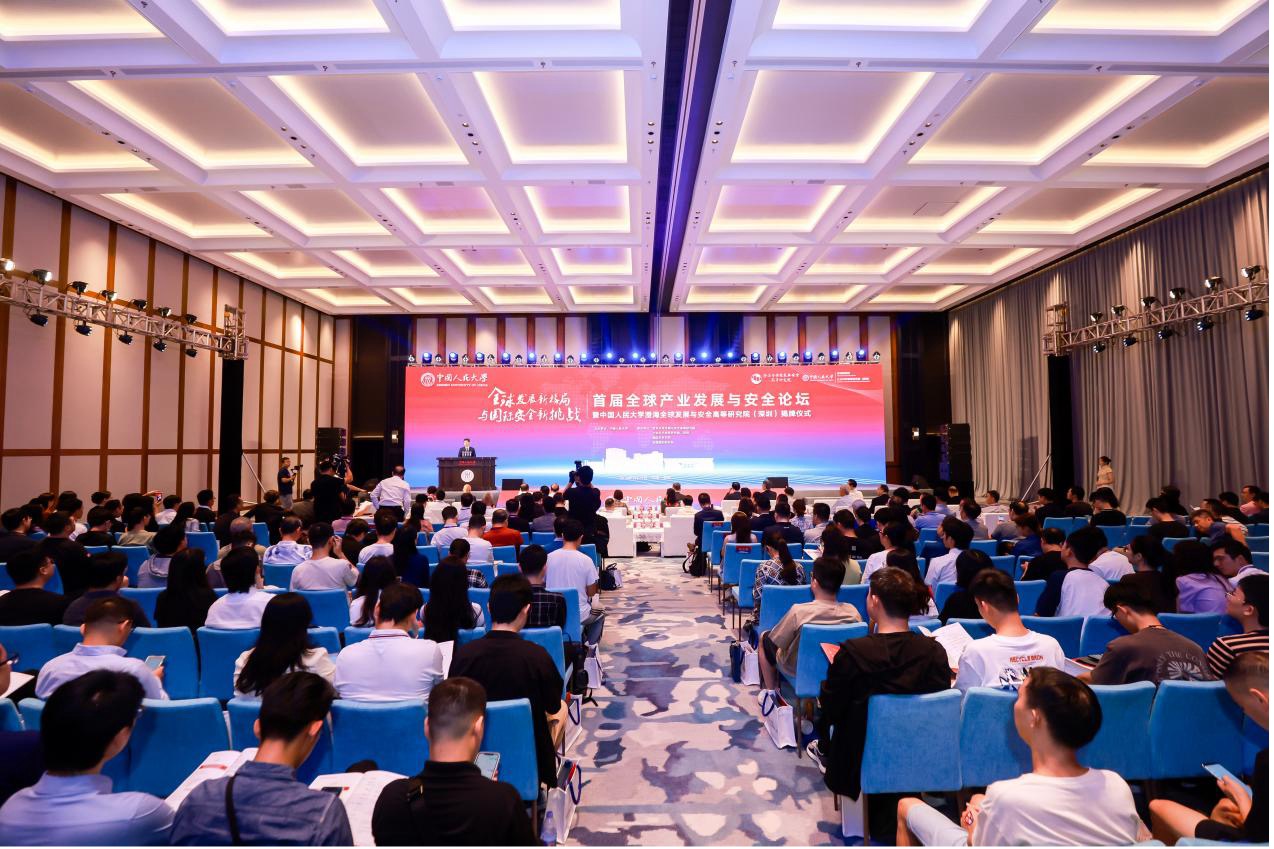 2024-05-31 16:41:28
2024-05-31 16:41:28 -
2024-05-31 16:53:49

 CN
CN BI
BI